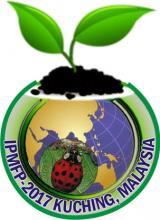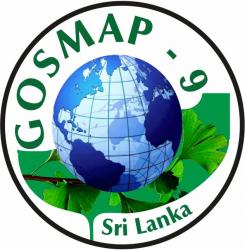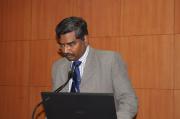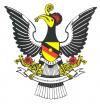The integrated pest management (IPM) has an important role in sustainable agriculture and quality food production by providing maximum economic yields to the farmer, while improving or maintaining the production site and protecting the environment. The procedures to improve economic yields while reducing inputs include: the integration of pesticides with cultural techniques for disease control; and biological, behavioral, and environmental controls of pests such as weeds. Especially biological and biotechnological control methods have a vital importance as the alternatives to chemical control in integrated pest management. Biotechnology promises to have a major impact on IPM through the use of recombinant DNA techniques to genetically engineer microbes for the control of diseases, insects, and weeds, and to generate plants that resist insects, pathogens, and herbicides. Global pesticide use has grown over the past 20 years to 3.5 billion kg/year, amounting to a global market worth $45 billion. The external costs of pesticides are $4–$19 (€3–15) per kg of active ingredient applied, suggesting that IPM approaches that result in lower pesticide use will benefit, not only farmers, but also wider environments and human health.
Theme of the conference: Quality food for a Quality life.



























